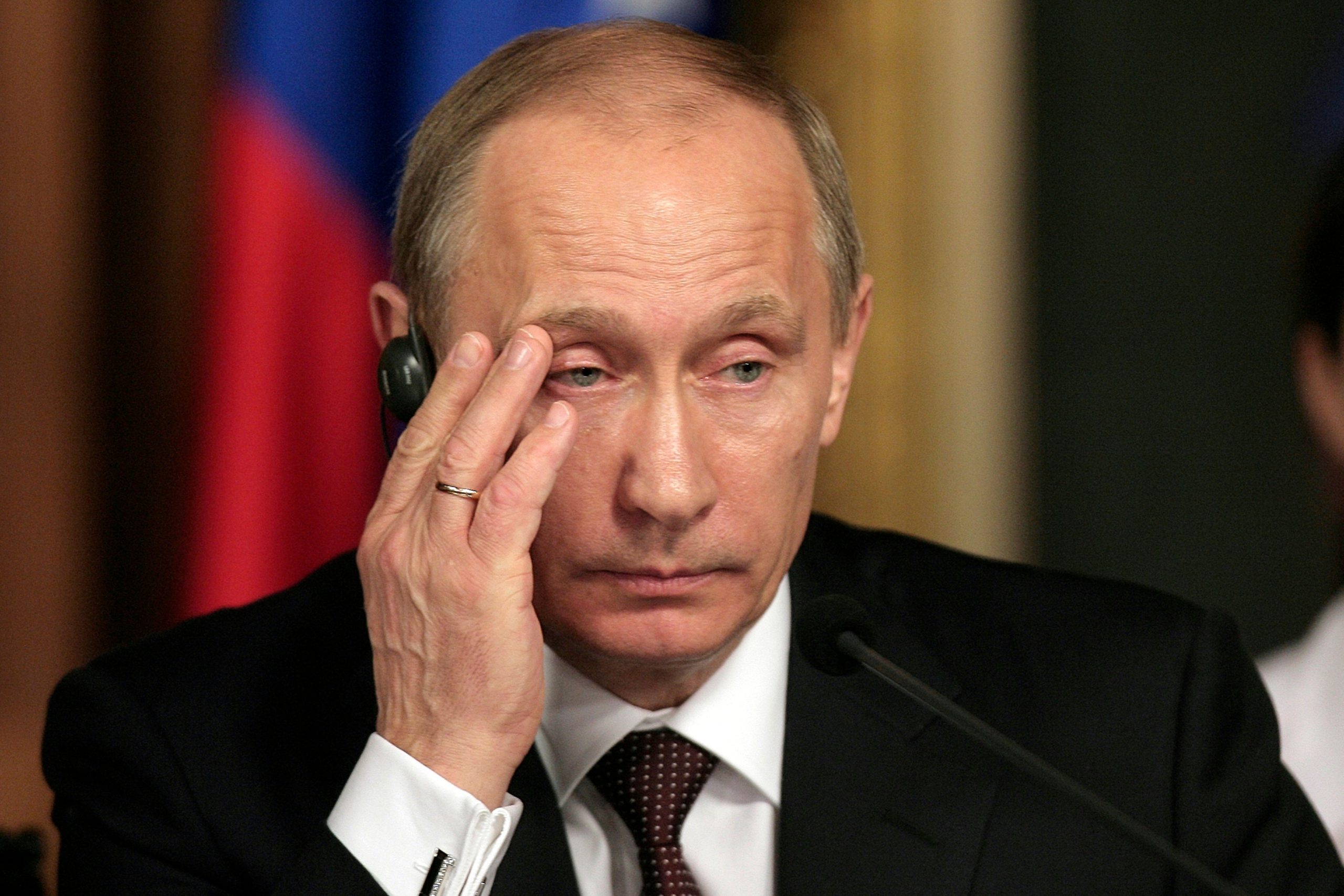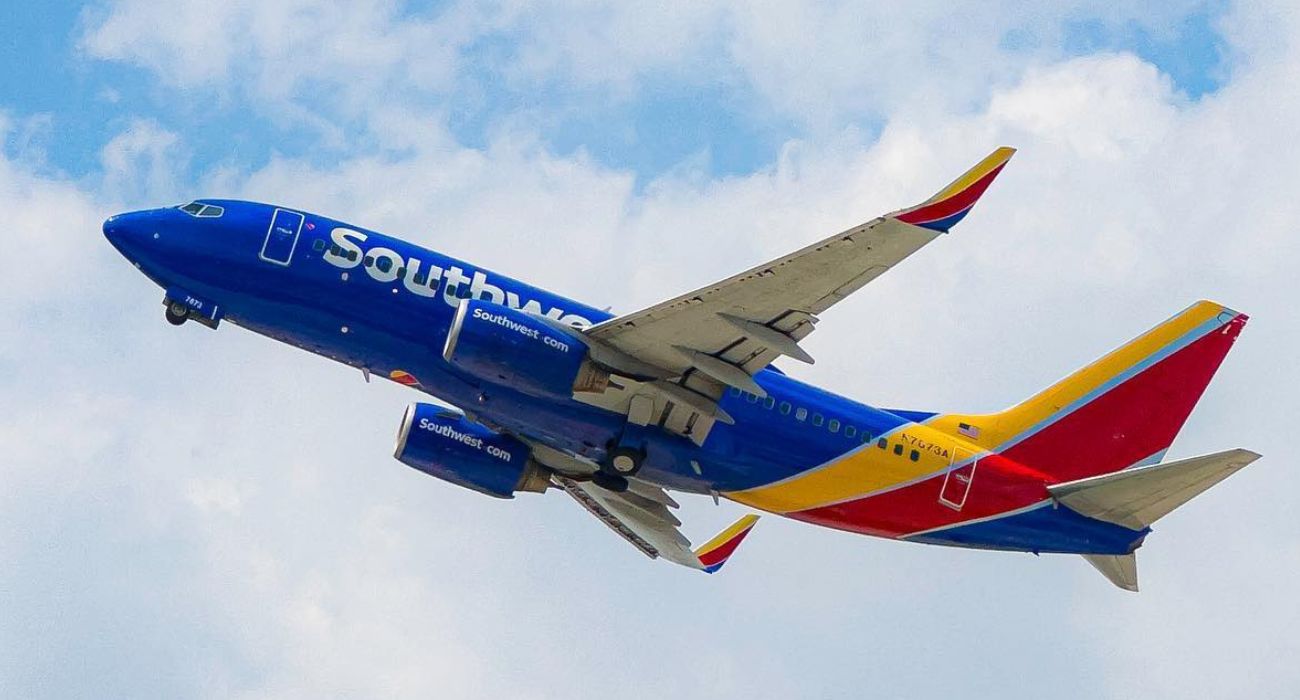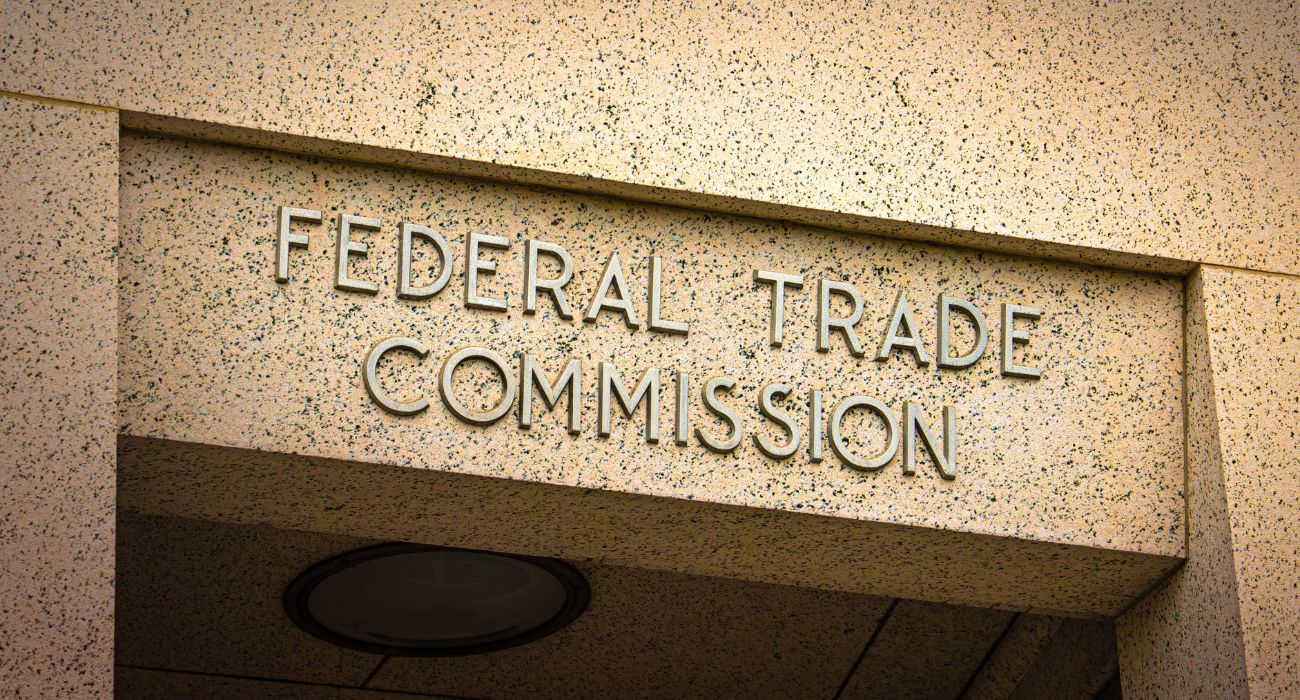On March 23, 2022, Russian President Putin announced that “unfriendly countries” will be required to pay for natural gas exports in rubles. Approximately 80% of Russia’s standard energy exports are to countries that have now imposed sanctions.
European leaders reacted negatively to the demands to pay for contracted natural gas deliveries in rubles. The G7, a group composed of the U.S., Britain, Canada, France, Italy, Japan, and Germany, announced that payment in rubles was not acceptable.
German Finance Minister Christian Lindner rejected the demand, saying, “We are completely against any form of blackmailing.”
Italian Prime Minister Mario Draghi responded, “We consider [the ultimatum] a violation of existing contracts.”
Whether the EU members are willing to sustain the consequences of a Russian gas embargo is unclear. Despite efforts to reduce their dependence on Russian natural gas, it remains the primary gas source for many countries.
Germany acquired about half of its natural gas and coal consumption and a third of its oil from Russia in 2021.
Due to existing global capacity, substitute suppliers for oil and coal are still available.
However, replacing natural gas supplies in the short term is not feasible, even though the United States, the world’s largest LNG supplier, recently authorized an additional 720 million cubic feet per day to Europe.
Markus Krebber, CEO of Germany’s largest utility, said, “A complete halt could only be offset for a very brief period. Maybe a few weeks…We need Russian natural gas and Russia needs currency.”
German union leaders claimed that a Russian gas embargo would reduce work hours, increase job losses, and cause “a rapid collapse of the industrial production chains in Europe — with worldwide consequences.”
Some EU leaders are reluctant to push sanctions that might hit the EU members harder than their Russian target.
“We do not wage war on ourselves,” notes Belgian Prime Minister Alexander De Croo.
Russia appears ready to double down on its intent to use rubles in international trade.
Vyacheslav Volodin, the speaker of Russia’s lower house of parliament, confirmed in a post, “If you want gas, find rubles.” He also stated that additional Russian exports — “fertilizer, grain, food oil, oil, coal, metals, timber, etc.” — may require payment in rubles “where it is beneficial to [their] country.”
Replacing dollars and euros with rubles shifts the exchange rate risk from the seller (Russia) to the buyers (European Union). If the ruble falls in value, it is cheaper for the EU to pay the import costs. On the other hand, if the ruble were to rise in value versus the euro or dollar, the cost to the EU for their purchase would be higher.
The successful implementation of ruble payments is another step to decrease the dollar’s dominance as the world’s reserve currency. Some countries, including U.S. allies, resent the United States’ ability to use the dollar as a tool to exert the country’s will globally.
Valery Giscard d’Estaing, France’s minister of finance in the 1960s, called the dollar’s position as the world’s reserve currency an “exorbitant privilege.” In 2014, Germany, France, and Great Britain launched an EU-backed payment system to circumvent U.S. sanctions against Iran.
Zoltan Pozsar, global head of short-term interest rate strategy at Credit Suisse AG, speaking on a Bloomberg podcast, noted that the freeze on foreign reserve dollars will prompt central banks worldwide to diversify their holdings to be less vulnerable to the influence of the U.S. government. It makes less and less sense for global reserve managers to hold dollars for safety, given that they could be taken away right when they are most needed.
Stakes are high for all parties in the dispute.
The sanctions are like “a death from a thousand cuts” to Russia and “will eventually take down the Russian economy,” according to Yuriy Gorodnichenko, the Quantedge presidential chair in Economics at the University of California, Berkeley.
The showdown between the EU and Russia over the currency accepted for payment is delayed as technology systems are not yet in place for Russia to accept rubles from some countries.
Kremlin spokesman Dmitry Peskov announced that payment and delivery are time-consuming processes under development. Consequently, it is uncertain when the first deliveries will be accepted.







I gathered what I believe is this reporter’s primary purpose for the report. I’m sure that we all picked up that the subjects; oil, gas, rubles, euros, exchange rates, dollar, shortages, sanctions and anger at the USA’s monetary privilege abuses. I noted the comment by the Prime Minister of Belgium. “We do not want to wage war on ourselves.” Refreshing! In the USA the Biden has declared war on the American citizens and legal immigrants.